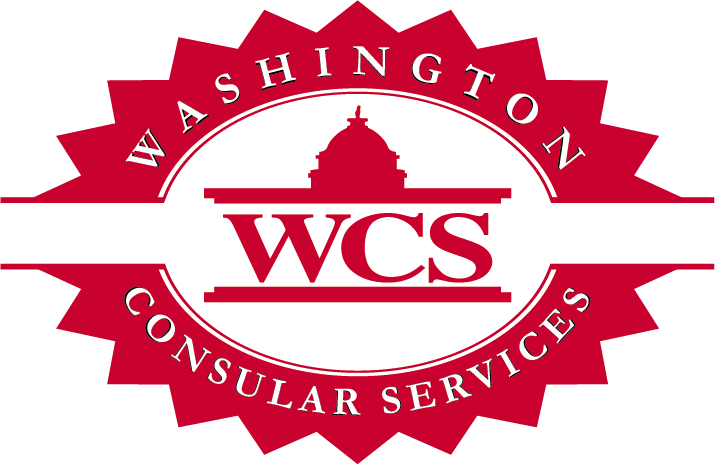According to Wikipedia Regulatory Affairs (“RA”) professionals are responsible for “ensuring that their companies comply with all the regulations and laws pertaining to their business.” Considering the stakes involved, there are few functions more important. After all, if you don’t get the regulatory environment right, not only will your company not be doing any business in the country, you might be breaking the law!
Of course, no one (and I mean no one) can possibly keep up with all of the unique and ever-changing regulatory requirements in international business. Memorizing the regulatory requirements for each country is a herculean task. And, that’s before you consider that these regulations can shift on a moment’s notice. Being in RA is a bit like herding cats. Just when you think you have every cat in place, one of them scurries in a different direction.
Which leads us to document authentication and legalization.
Here are some examples of special rules that can trip up even the most experienced regulatory professional (always subject to change):
- Want to sell your product in Iraq? Then make sure you get the document notarized and certified by the Secretary of State where the document originated. Not where the company’s headquarters is located.
- Want to sell your product in China? If your documents were “created” by the state (e.g., Articles of Incorporation), then they have to be notarized and certified by the Secretary of State where the document was created. But, if the document is not created by the state (e.g., Power of Attorney), then it can be notarized and certified in any state. Oh, and an individual working for the submitting company must submit their individual identification (i.e., copy of driver’s license, passport, etc.) along with the document to be processed (Also true for Taiwan (below) and Lebanon)).
- Want to sell your product in Taiwan? Good news. Your document can be certified by any Secretary of State in any state of origin. But…if you’re going to use a service to handle the processing, you have to provide a Permission letter for that company to the Embassy of Taiwan. And, see the above note on China regarding individual identification requirements when submitting corporate documents.
- Want to do business in Qatar? You will need an authorized stamp from the National U.S.-Arab Chamber of Commerce in addition to the state certification, U.S. State Department certification, and a certification from either the Qatar Embassy in Washington, D.C., or the Qatar consulates in New York, Texas, or California (depending where the document originated).
This is just a small sampling of the unusual (and sometimes unknowable) aspects of regulatory compliance for international document authentication…for now!
So, faced with this type of uncertainty, what should you do? The best approach is to get as close to the decision makers as possible. Of course, that’s not easy. Just keeping tabs on internal needs is more than enough for most RA professionals, much less keeping tabs on every bureaucrat in every embassy.
Instead, do what our clients do: Let WCS be your connection to the decision makers. We are working with these people every day. We’ll take care of “herding the cats” and you can focus on the other challenging aspects of your job!
